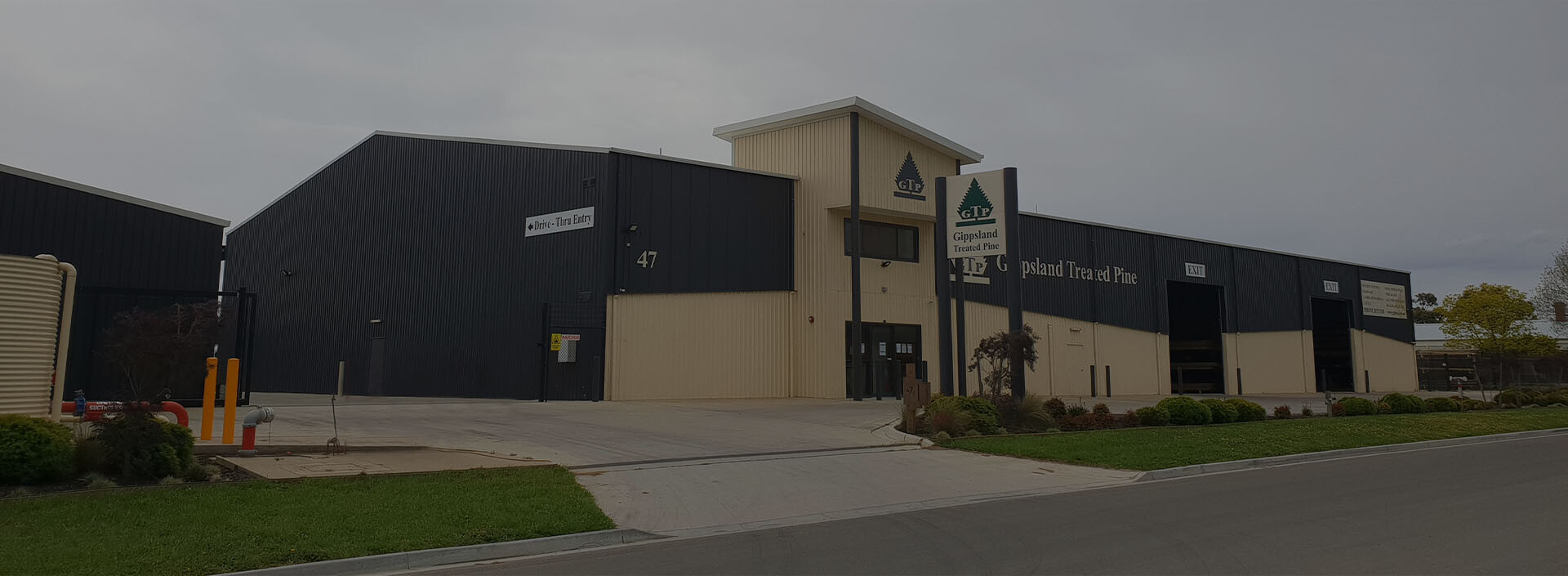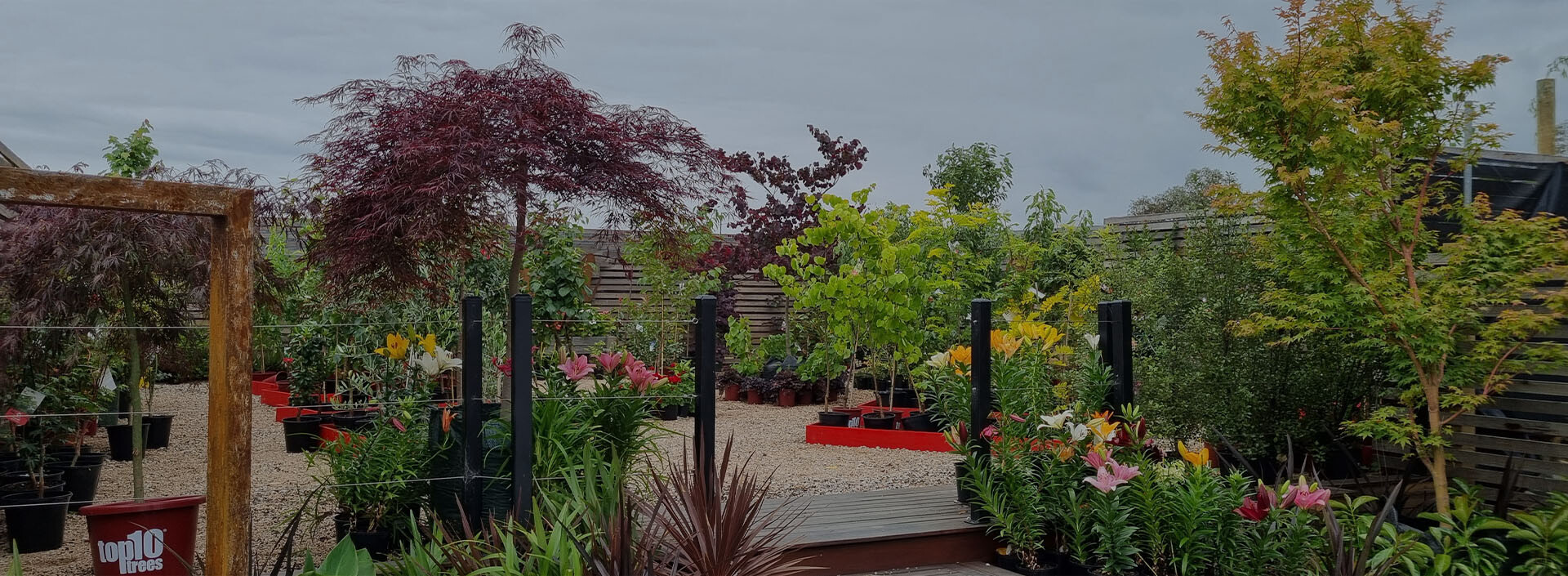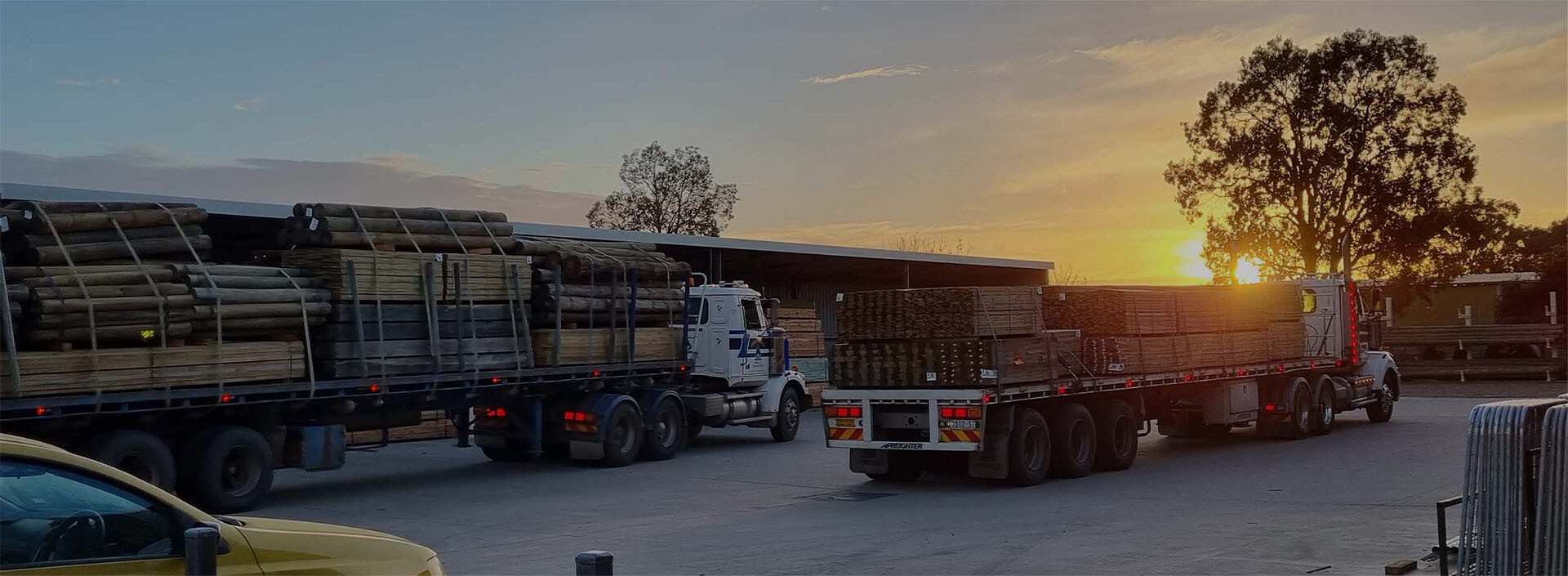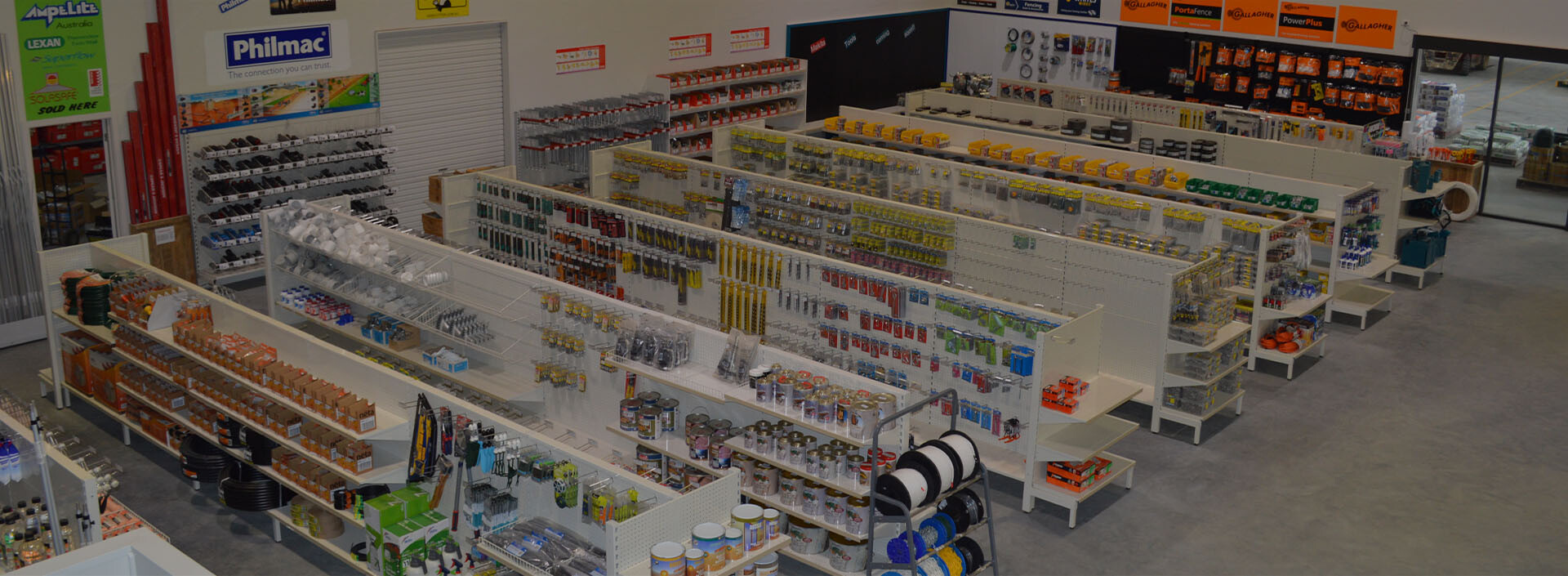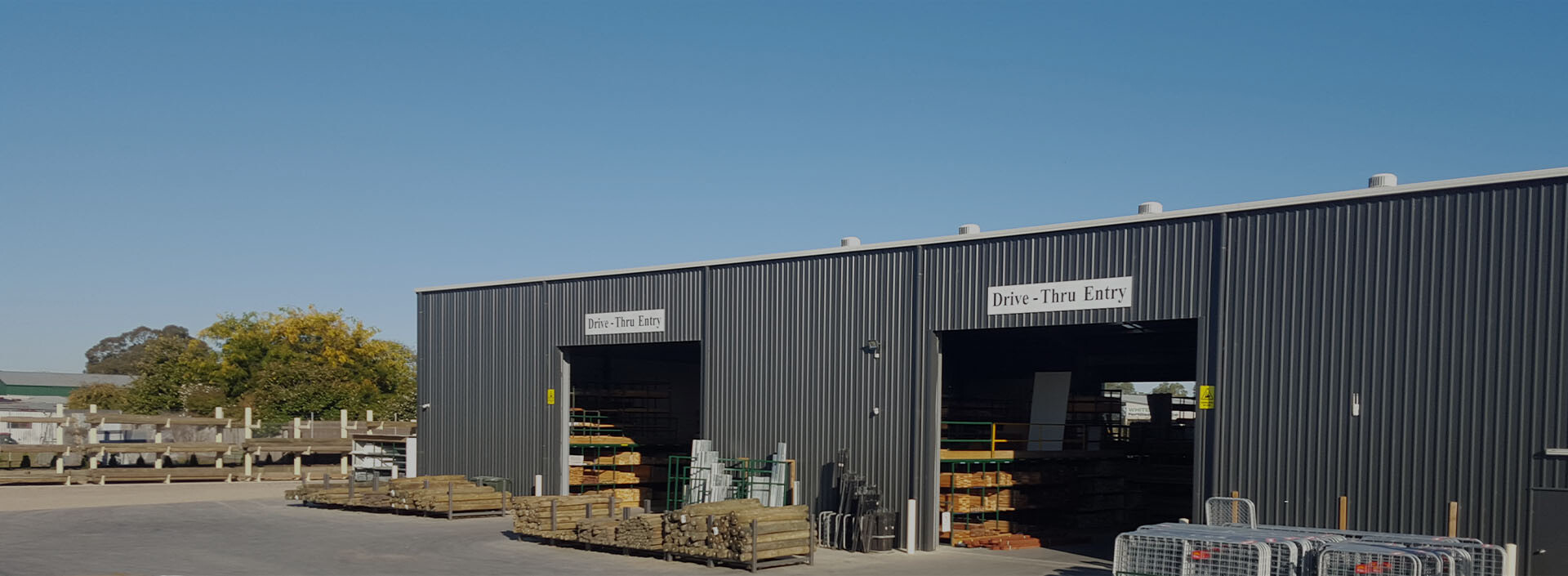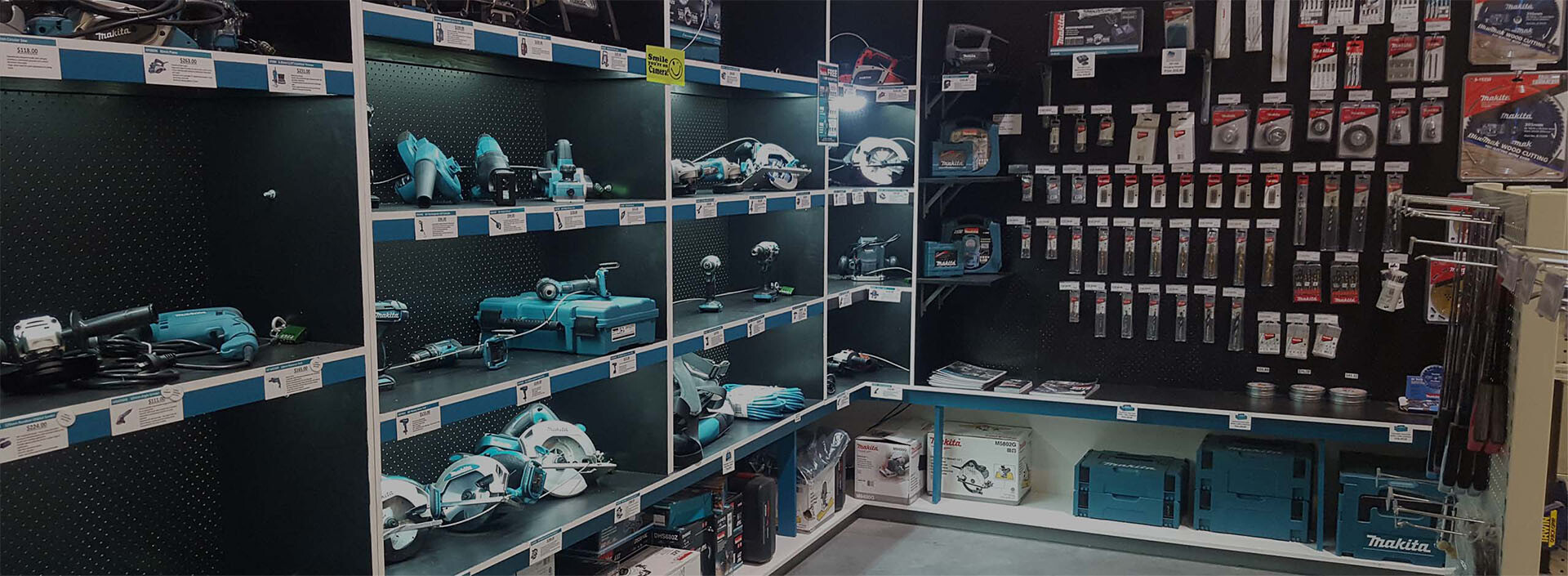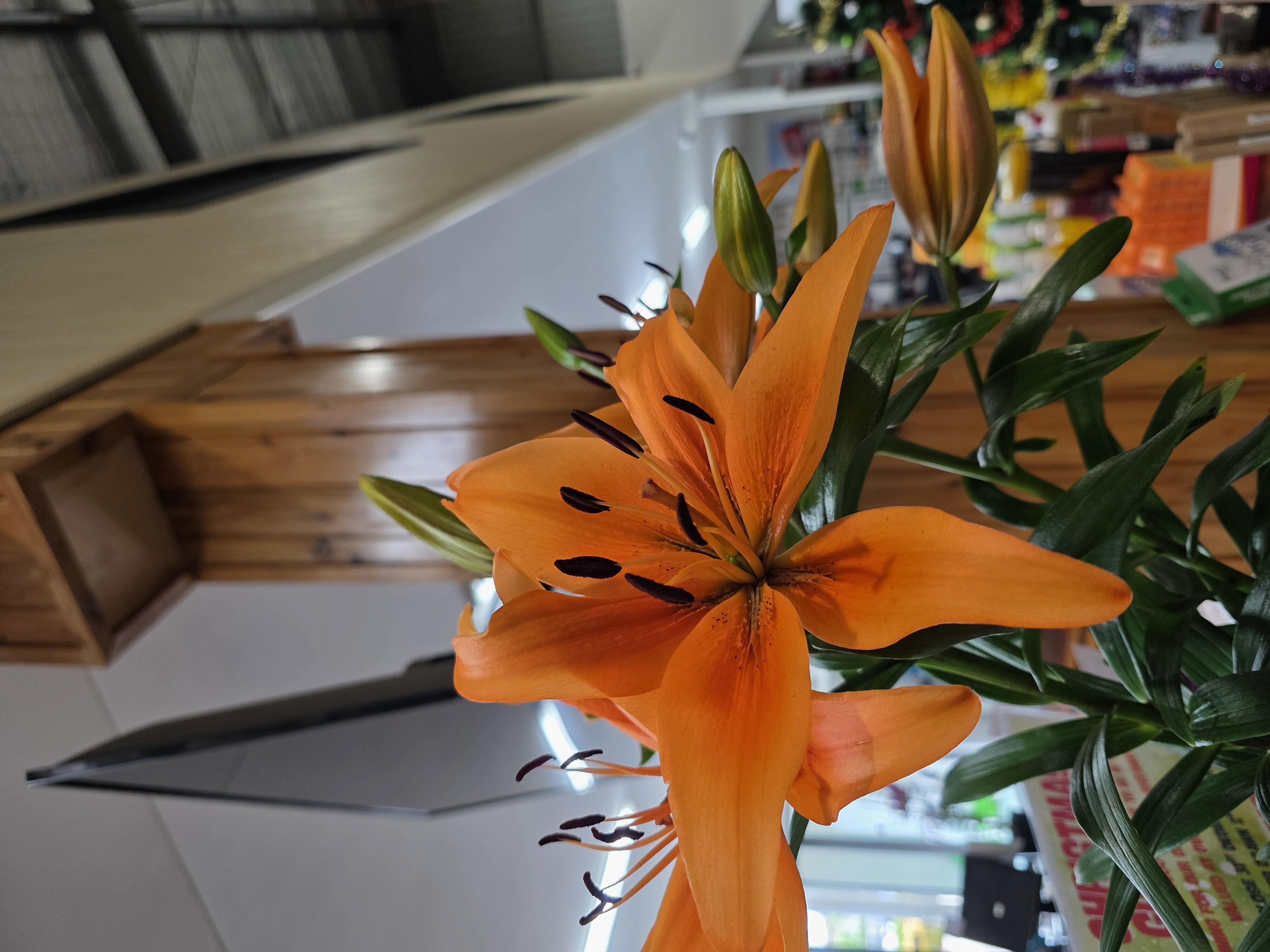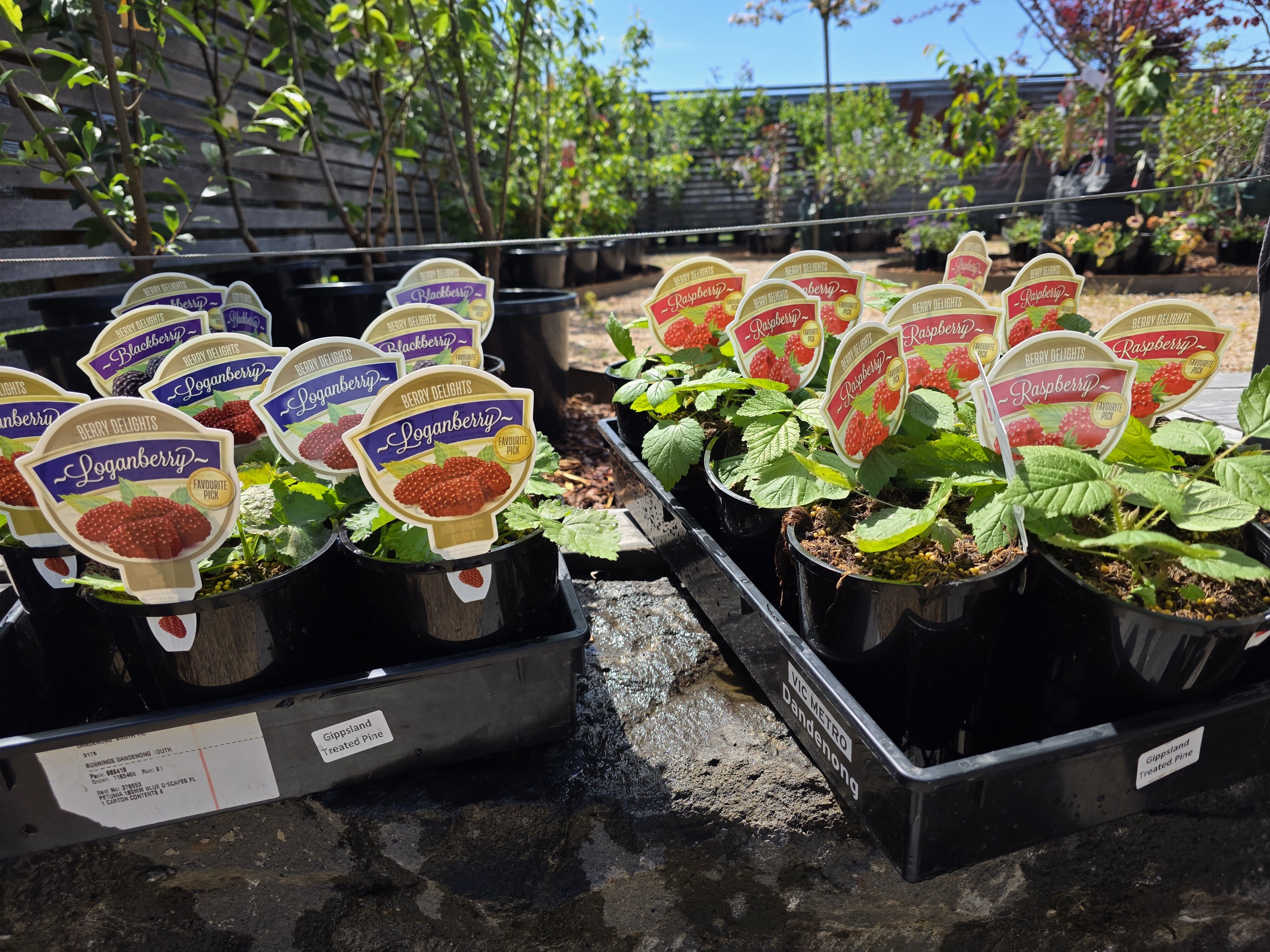You’ll Find What You Need
We sell to Retail, Trade, DIY and Wholesale customers with discounts for pack lots.
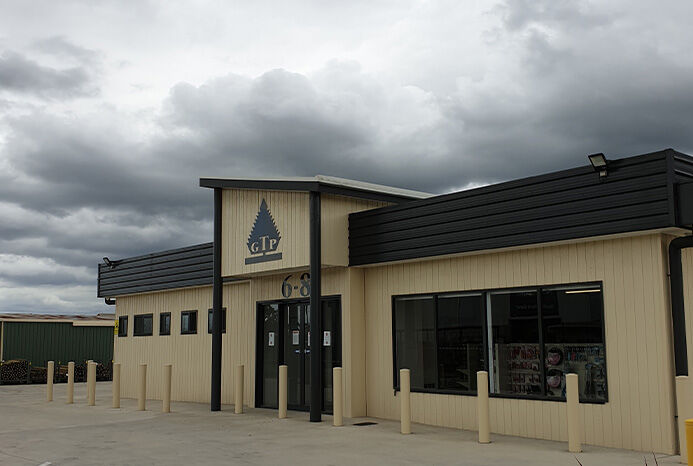
Gippsland Pine – serving Gippsland and beyond since 1993
Gippsland Treated Pine is a family-owned and operated timber & hardware business with locations in Morwell, Bairnsdale and Beaufort in Victoria, Australia.
We can service areas from Far East Gippsland up into NSW, throughout Gippsland, Western & Northern Victoria and beyond.
We stock a large range of building timbers, sleepers, decking, palings, rural posts and custom-made morticed post and rail fencing.

